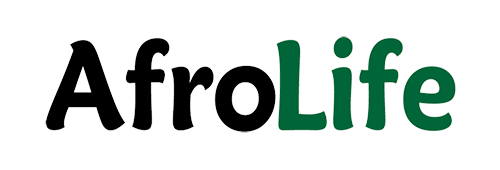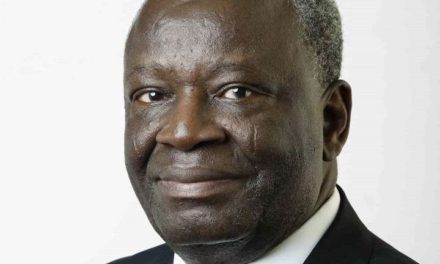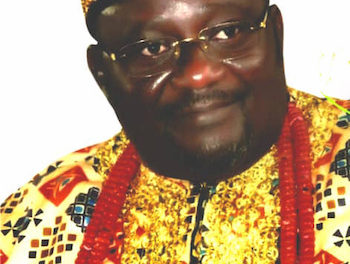The ban which came as Italy was trying to speed up the vaccination of her citizens, which started after getting the doses from the European Commission. The health Minister, Roberto Speranza spoke with his counterparts in Germany, France and Spain before arriving at this decision. 6.7 million doses have been disbursed nationwide and 2 million people have been fully immunised with the Lazio region given over 700,000 jabs to older citizens and those in the frontline.
All bookings for the vaccines have been blocked with immediate effect until further notice from the Medicine Agency OFIFA. Those already booked will be rescheduled and those who had the first dose will be given guidance by the agency. In Rome, 35 vaccination centers have been blocked including La Nuvola and Fiumicino Airport with over 2,000 doctors of general medicine. This could lead to a setback in the ongoing vaccination campaign as the AstraZeneca is the most optioned by the European Commission, according to the Health Assesor of the Lazio Region, Alessio D’amato.
However, AstraZeneca, the Anglo-Swedish company who developed the vaccine with the Oxford University maintained that its vaccines are safe to use. In a statement by the Chief Medical Officer, Ann Taylor, “17 million people in the EU and UK have now received our vaccine and the number of blood clots reported in this group is lower than the hundreds of cases that would be expected among the general population.”

















